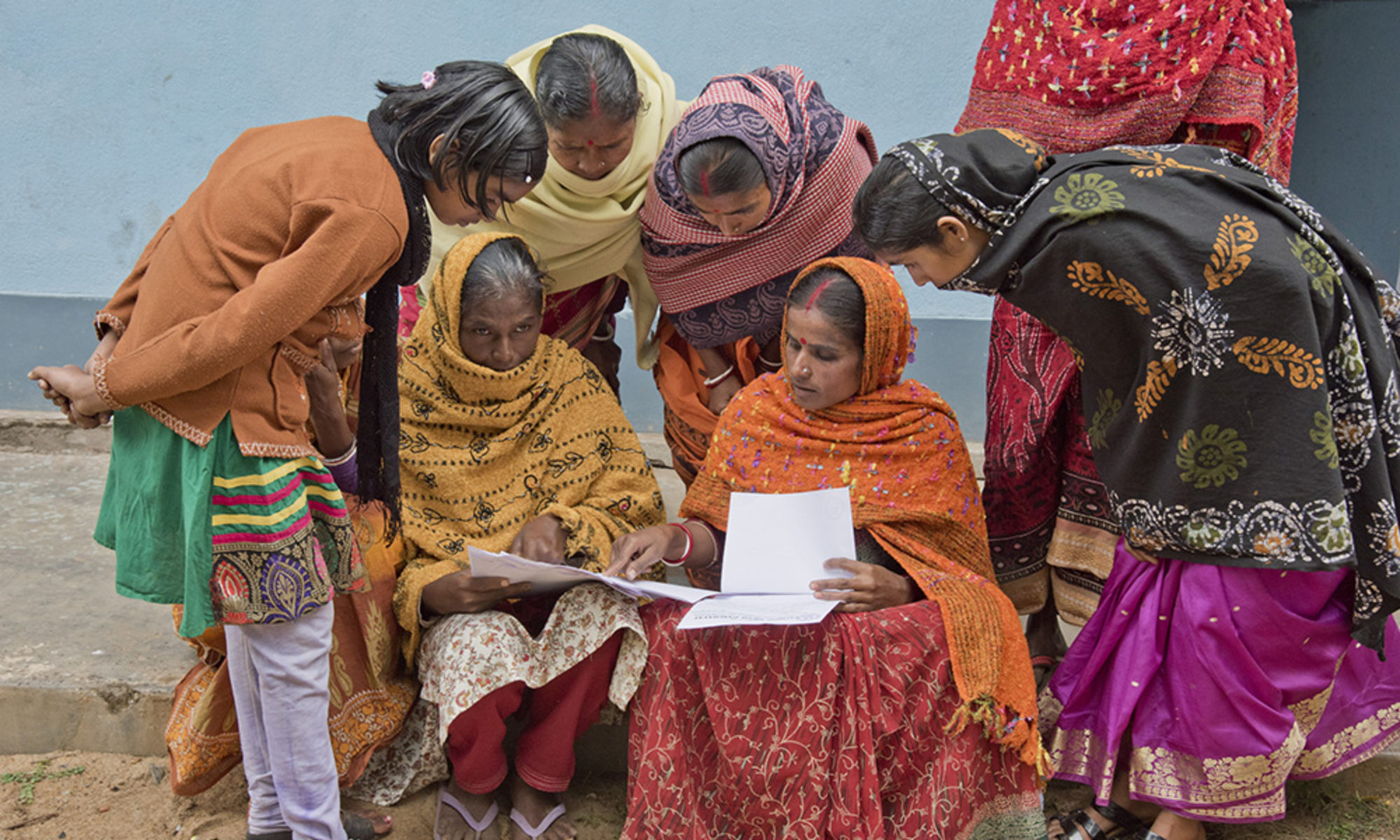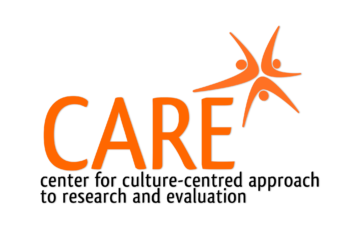We at the Center for Culture-Centered Approach to Research and Evaluation (CARE) are delighted at the recent recognition of our community partner, Deccan Development Society (DDS), with the 2019 UN-Equator Prize.
The Equator Prize is a recognition of community-led grassroots initiatives that offer solutions to sustainable development.
For the last three decades, the Deccan Development Society (DDS), has been developing culture-centered interventions in agriculture and ecology through sanghams, grassroots cooperatives owned by dalit women. These grassroots cooperatives are spaces for knowledge generation, drawing on indigenous knowledge, offering solutions to sustainable ecologies, and challenging the global onslaught of neoliberal agriculture, felt locally.
The interventions developed by the DDS have been at the forefront of offering an alternative model of agricultural ecologies anchored in indigenous knowledge. Through ongoing advocacy and activist interventions, the dalit women have disrupted patriarchal structures, caste structures, and state-corporate structures that promote neoliberal agriculture. Constituted in the backdrop of the epidemic of farmer suicides across India amid its accelerated neoliberal transformation, DDS has offered an alternative model for sustainable ecologies.
The articulations of ecologies at the heart of health formed the basis of the culture-centered collaborations developed by CARE in collaboration with DDS. Our partnership formed the basis of developing communicative interventions anchored in the voices of the women farmers. These interventions disrupted the neoliberal structures that constitute agriculture and offered alternative agrarian ecologies for health and wellbeing.
However, the centering of such linkages fundamentally disrupts the hegemonic narratives of health and wellbeing. Structures often deploy various techniques of violence and erasure in response to subaltern voice and subaltern knowledge. In our own collaborations with DDS, we have come to understand the everyday formations of structures that work actively to erase subaltern voices through techniques of neoliberal accounting. For instance, in an audit, it was suggested that the topic of suicide of cotton farmers in India did not further the objectives of CARE.
The implicit question, what does re-defining ecology and agriculture through the voices of women have to do with health, formed the basis of the violence of accounting. The narrow definition of health within the neoliberal ideology perpetuates erasures that devalue the knowledge of subaltern communities.
That more of the same, more of the same neoliberal dogma is not going to address the current ecological crisis we are in the midst of is a lesson that the dalit women farmers organised under the umbrella of the DDS voice with cognition. The recognition that we need to fundamentally overthrow the neoliberal order has to be centered in conversations on sustaining ecosystems.

